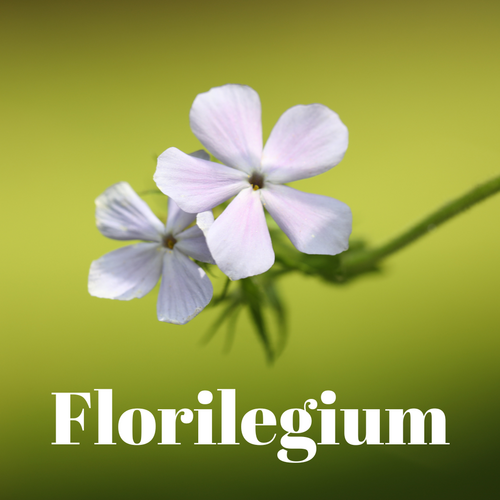

Daily Primer — June 3
Each day you will be given:
A Florilegium entry
A Daily Prayer
and a Night Prayer.
A Florilegium entry
A Daily Prayer
and a Night Prayer.

This is crucial: as long as we pray only when and how we want to, our life of prayer is bound to be unreal, will run in fits and starts. The slightest upset — even a toothache — will be enough to destroy the whole edifice of our prayer-life . . . .
“ . . . I repeat St. Augustine’s words: ‘Love and do as you will.’ Don’t worry about what you ought to do. Worry about loving. Don’t interrogate heaven repeatedly and uselessly saying, ‘What course of action should I pursue?’ Concentrate on loving instead.”
“ . . . I repeat St. Augustine’s words: ‘Love and do as you will.’ Don’t worry about what you ought to do. Worry about loving. Don’t interrogate heaven repeatedly and uselessly saying, ‘What course of action should I pursue?’ Concentrate on loving instead.”
Carlo Carretto — Letters from the Desert p.23.
Florilegium is the Medieval Latin word for bouquet, or more literally flowers (flos, flor-) which are gathered (legere). The word florilegium was used to refer to a compilation of writings, often religious or philosophical. These florilegium are literary flowers—beautiful words/prayers/thoughts I have gathered. During my sabbatical they will give me something to ponder each day. — PHL.

God of love, you are the one whose love is so strong that it manifests in the very fabric of creation itself. From, “Let there be light,” to “God rested,” your creative work was a manifestation of your love. In due time, your love was manifest in birth, the very incarnation of Love in the life of the Christ-child. And again, in due time, your love was the source of the new life of resurrection. No wonder that Augustine advised, “Love and do as you will” when considering what our faith requires of us. May we live in love today, that you may be glorified, and that we may join you in the noble work of redemption. In the name of the God who is love. Amen.
Genesis 1, John 1, & 20, First John 4:16. The Saint Augustine of Hippo quote is from his sermon on 1 John 4:7 [Homily #7 on Epistle of First John - paragraph 8]. The fuller context from the homily is: “For many things may be done that have a good appearance, and yet proceed not from the root of charity. For thorns also have flowers: some actions truly seem rough, seem savage; howbeit they are done for discipline at the bidding of charity. Once for all, then, a short precept is given thee: Love, and do what thou wilt: whether thou hold thy peace, through love hold thy peace; whether thou cry out, through love cry out; whether thou correct, through love correct; whether thou spare, through love do thou spare: let the root of love be within, of this root can nothing spring but what is good.” From Liturgy of the Hours - PHL.

Te lucis ante terminum
Before the ending of the day,
Creator of the world, we pray
That with thy wonted favor, Thou
Would'st be our guard and keeper now.
From all ill dreams defend our eyes,
From nightly fears and fantasies;
Tread under foot our ghostly foe,
That no pollution we may know.
O Father, that we ask be done,
Through Jesus Christ, Thine only Son;
Who, with the Holy Ghost and Thee,
Shall live and reign eternally. Amen.
Before the ending of the day,
Creator of the world, we pray
That with thy wonted favor, Thou
Would'st be our guard and keeper now.
From all ill dreams defend our eyes,
From nightly fears and fantasies;
Tread under foot our ghostly foe,
That no pollution we may know.
O Father, that we ask be done,
Through Jesus Christ, Thine only Son;
Who, with the Holy Ghost and Thee,
Shall live and reign eternally. Amen.
I have encountered this night-hymn/prayer in several metrical translations in English. The original Latin text is often attributed to St. Ambrose (b. Treves, Germany, 340; d. Milan, Italy, 397) though this attribution is much debated and, in fact, is denied by many scholars. Because the extant Latin is clearly of Medieval origin, it is either a rephrase of Ambrose’s text or (more likely) a new poem attributed to him. This is the English translation I learned by heart while praying Compline at Monastery of the Holy Spirit in Conyers, Georgia — PHL.
